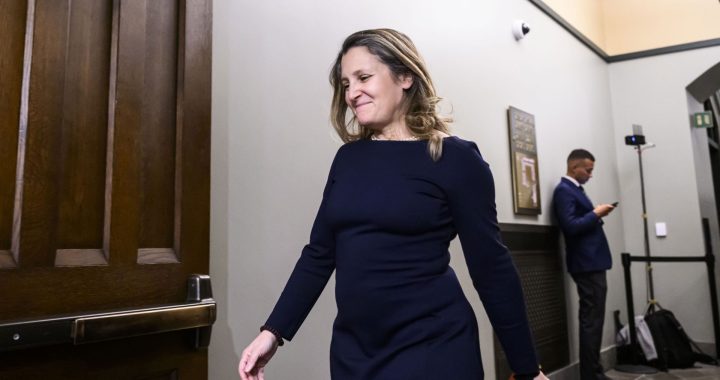(Bernie Williams is pictured in this Facebook photo.)
APTN News
Two self-proclaimed “street sisters” and advocates for missing and murdered Indigenous women and girls took to the microphone this week to talk about themselves for a change.
“I thought that nobody loved me,” said Gladys Radek. “I went in search of love, a sense of belonging.”
Radek, a household name in the fight to bring attention to the issue of missing and murdered Indigenous women and girls, testified before the national inquiry Friday.
Her “sister” Bernie Williams helped open the five-day event in Richmond, B.C. Wednesday.
At this, the inquiry’s second stop in B.C. after Smithers last fall, Radek got personal.
“The first time I did heroin I OD’d and was put in the hospital for three weeks…at that point I was 14,” she said.
She ran away from reform school to the Downtown Eastside (DTES), she said, “where I met a lot of my street sisters and a lot of my own relatives.
“I was really angry when I hit the DTES because of all the violence I was subjected to as a child.”
Radek was drinking and didn’t stop until about 10 years ago.
“It was actually my niece Tamara that made me realize I couldn’t do the work that I’m doing for our missing and murdered women if I was drinking.
“When Tamara went missing in 2005 it didn’t take long for me to realize that there was lots of other Tamaras out there that were missing.”
Tamara Chipman vanished near Prince Rupert, B.C., along Highway 16, also referred to as the Highway of Tears because of all the disappearances along the route.
“So many of our young relatives have been murdered for no reason,” said Radek, wearing a t-shirt with her niece’s smiling face on the front.
“Because they were society’s throwaways.”
Like Radek, Williams also lost relatives to violence – her mother and three sisters were murdered. The pair founded Walk4Justice and, as part of their lobbying, called for a national public inquiry.
“When Tamara went missing I couldn’t take it anymore because all these years I watched my friends disappear, I watched my relatives disappear…up in northern B.C. where nobody wants to talk about it,” said Radek, who now lives in her missing niece’s home of Terrace, B.C.
Williams has been on a few awareness-raising walks with Radek and stood behind her Friday as she testified before the inquiry.
“I thought Gladys was crazy. I still feel that way,” she said with affection.
“The last walk we did with the commissioners last year…that was one of the hardest walks we ever did.”
The two now want to memorialize the women missing from northern B.C. with a totem pole Williams will carve with a group of women.
“Terrace is the hub with about 80 reserves around it. They’re all affected by the loss of a loved one,” Radek said.
Williams agreed, and called for safety recommendations developed by Indigenous families in 2006 in Prince George to be revisited. She said only one recommendation – erecting billboards along the highway – was fulfilled.
“So we’re sitting here 12 years later and nothing is done. Women are still going missing,” she said. “Those 32 recommendations need to be revisited.”










